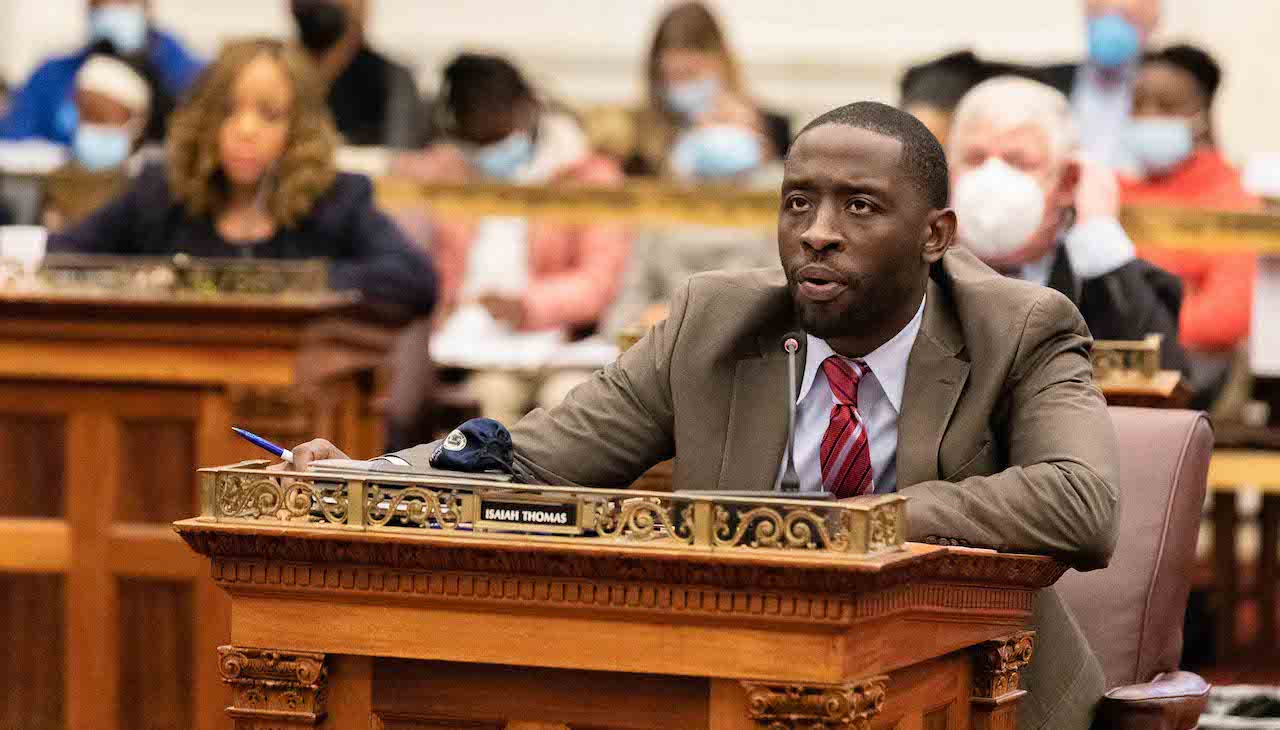
Memphis City Council proposes bill similar to Philly’s Driving Equality Law in aftermath of Tyre Nichols death
In the aftermath of 29-year-old Tyre Nichols’ death following a brutal beating by five Black Memphis police officers on Jan. 7, the city of Memphis is considering legislation that would ban officers from pulling over drivers for minor traffic offenses.
The hope is to prevent any similar situation from occurring again.
Memphis City Councilmember Michalyn Easter-Thomas is championing the legislation that is inspired by Philadelphia’s Driving Equality Law. In late 2021, Philly became the first major city in the U.S. to pass such a law.
In Philly, violations that are no longer enforced with a traffic stop include a late registration (with a 60-day grace period), relocation of temporary registration (must be visible), hanging license plate (must be visible, fastened), missing a single headlight or taillight, items hanging from the rearview mirror and driving with an expired or missing inspection sticker.
It reclassified seven low-level offenses as “secondary,” or put simply, it cannot be the sole reason a cop pulls someone over. It took effect in early 2022, and was championed and authored by Philly Councilmember Isaiah Thomas.
Thomas met virtually with Easter-Thomas on Monday, Feb. 20, to further discuss both Philly and Memphis’ legislation regarding how it started, how it got passed, and how cities would analyze their data.
Inspired by Thomas' legislation, the Memphis version bans stops for six minor offenses instead of eight.
“We want to decrease the possibility of negative interactions,” Easter-Thomas said.
Thomas also said the bill is “so near and dear to my heart” and the meaning it holds for him as a Black man racially stereotyped and targeted in America and how as a local official he can help end this reality for a younger generation.
“I know personally what it’s like to be profiled, to be stereotyped, to be pulled over,” he said.
“Hopefully we can put the next generation of young people in a position where their first interaction and their introduction to law enforcement is not necessarily one that started with a traffic stop,” he said.
CONTENIDO RELACIONADO
The bill was supported unanimously by Memphis Councilmembers on its first reading. It has to be voted on two more times to be passed.
Supporters of such a law have said it is meant to decrease the number of stops as it has long been used to target the Black community.
“We have hundreds of motor vehicle code violations in the City of Philadelphia and the vast majority of them are enforced with a traffic stop,” Thomas said. “The bill doesn’t consist of anything that has a negative impact on public safety… things like speeding or running a red light… swerving in and out of lanes, probable cause… All of those things still warrant a traffic stop.”
Data from year one of Philly’s law will be released this upcoming March 3. Thomas said Monday that analyzing the data will be crucial in deciding the next steps.
“If the data tells us that anything is happening that has a negative impact on public safety, we’re going to be more than willing to have that conversation,” Thomas said. “We’re going to let the data and the narratives of the folks that’s doing the work find the direction that we’re going.”
Easter-Thomas expressed similar sentiments, saying that the gathering and analyzing of data will be used in Memphis if passed.
“It was supported in the first reading unanimously by everyone there,” Easter-Thomas said. “We want to make sure that folks in Memphis know and don’t have to discern between ‘good’ cop [or] ‘bad’ cop, or what are the reasons on being stopped? … We want to be able to give direct and supportive answers supported by data.”
Memphis City Council is scheduled to hold another reading on the bill later today, Feb. 21, with the final one to be held March 7.










DEJE UN COMENTARIO:
¡Únete a la discusión! Deja un comentario.